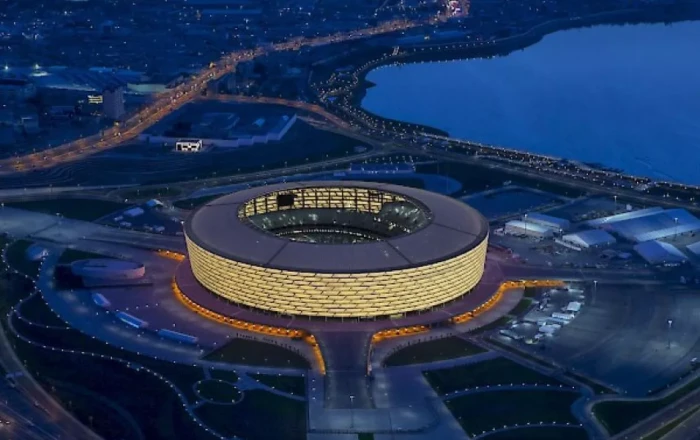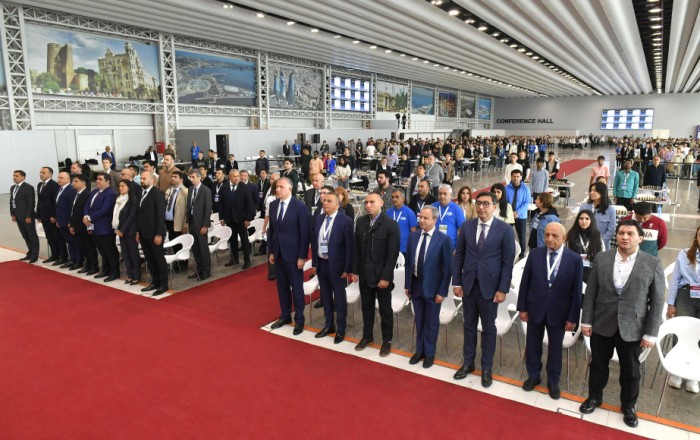In a recent by The Financial Times, the focus is on Paris' efforts to host the greenest Olympics in history by emphasizing sustainability across various facets of the event.
When athletes arrive for the Paris Olympics, they will encounter accommodations designed with innovative cooling systems harnessing the Seine's currents instead of traditional air-conditioning. These measures, including the use of eco-friendly materials such as low-carbon cement and wood, aim to maintain interior temperatures significantly cooler than outside, contingent on athletes keeping windows closed and shutters drawn during peak heat periods.
Paris 2024 has committed to halving total emissions compared to the previous Olympic Games, reflecting a broader commitment to align with climate goals set by the 2015 Paris Agreement. This environmental ambition extends to food procurement, with 80% of ingredients sourced locally from within France, and renewable energy sourcing to power the entire event. Wind and solar energy contracts have been secured to cover 100% of energy needs, reducing energy sector-specific emissions by up to 80% compared to prior games.
Despite these efforts, critics argue that the overall carbon footprint of the Olympics remains significant, akin to the annual emissions of hundreds of thousands of cars. Concerns also persist regarding transportation emissions, particularly from spectators flying in for the games, which poses a substantial challenge to achieving carbon reduction goals.
Source: caliber.az












